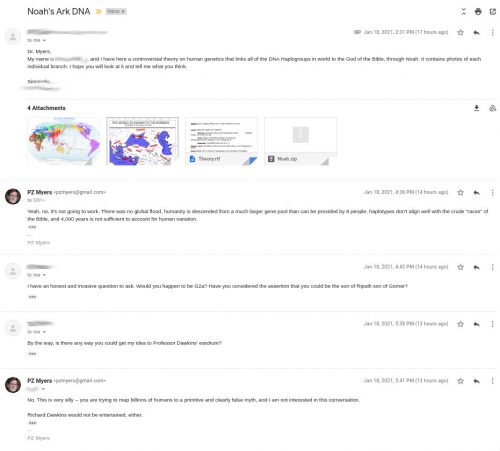Not zombies themselves, which are still physiologically impossible, but the way characters deal with them in zombie movies. Horror movies in general are often driven by characters doing absurdly stupid things, and we all say to ourselves “Don’t split up! Don’t go in the basement! Don’t have sex at camp!” and we think the citizenry would never be that idiotic, but nope, they would be.







